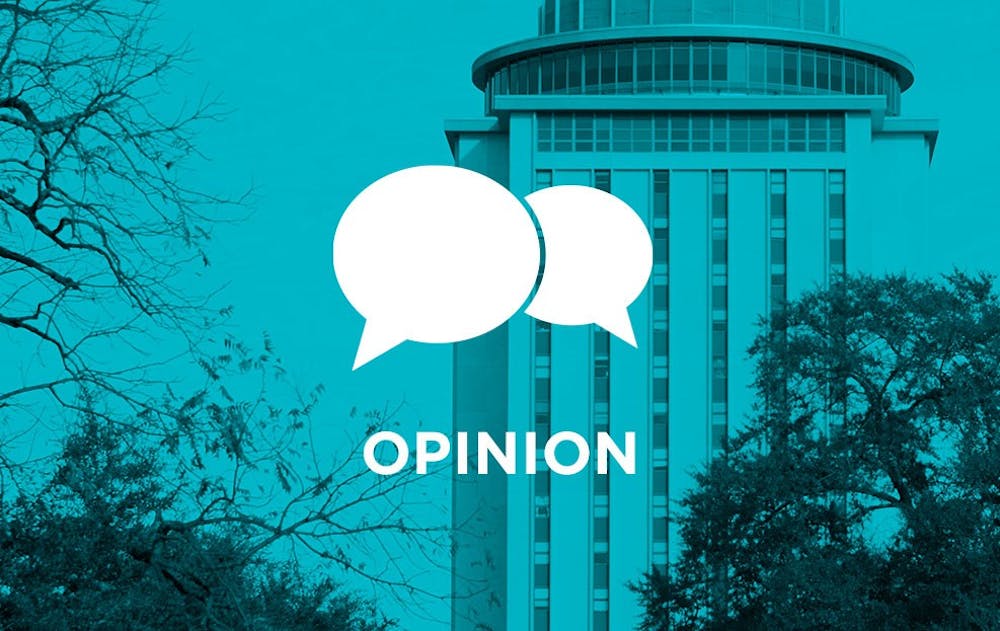As of 2015, an average of 67 percent of all students enrolled full-time get financial support for their education. However, the Free Application for Federal Student Aid (FAFSA) does not account for transgender students, or anyone whose sex does not align with the one they were assigned at birth. There are still many queer students who do get financial aid or scholarships, but only by often erasing a major part of their identity.
On top of this obstacle, over half of the LGBTQ+ community regrets taking out student loans because of the major job discrimination they face when it comes to being queer or transgender. This workplace discrimination can be a large factor in whether or not they are able to pay back their student loans.
For years, organizations have been working to prove that the bigotry against trans people is in violation of federal law under the Civil Rights Act of 1964. But, as of last week, this is no longer a valid legal argument in the eyes of the federal government. On Oct. 24, the Department of Justice told the Supreme Court that “when Title VII was enacted in 1964, ‘sex’ meant biological sex,” as opposed to gender expression or orientation, deeming it legal for businesses to fire workers based on anti-trans discrimination.
Not only is this detrimental to the increasing amount of homeless transgender youth as they try to find jobs, but also for full time LGBTQ+ college students who cannot rely on financial support from their homes to complete their education.
Many corporations justify the termination or lack of hiring of gender queer workers by saying they are protecting the “face” of their company, or that they don’t want to confuse their customers. Additionally, even businesses that hire transgender people are likely to harass them and discriminate against them while on the job. Many of these workers are asked invasive questions and are ridiculed when they use the restroom.
Corporate human resource departments are often no help. It seems establishments would rather fire their gender queer workers than go through the “trouble” of educating their workforce and making themselves inclusive.
Still, any business can accommodate their trans employees. In fact, there are hundreds of major corporations that have already done it, and, because of the financial influence of diversity on industry outcomes, they are becoming increasingly successful.
However, even if jobs were open for queer workers, the weight of a full-time college career and a paying job is overwhelming to students who do not have a backup source of income from family. In fact, studies show that working and paying for college is nearly impossible, especially for independent transgender students.
Many institutions argue that getting a part time job enhances how you do in school and offsets the cost of student debt, but that is a difficult thing to accomplish. When students live independently from their families or come from low-income households — as most queer students do — covering the cost of living and tuition is becoming unattainable.
Transgender students face the fear of unemployment and homelessness with the danger of student debt hanging over their heads, and the Trump administration’s erasure of trans rights in the workplace makes it progressively more challenging. On top of gender dysphoria and workplace harassment, it is time — now more than ever — for gender expression and identification to be covered by federal law.

